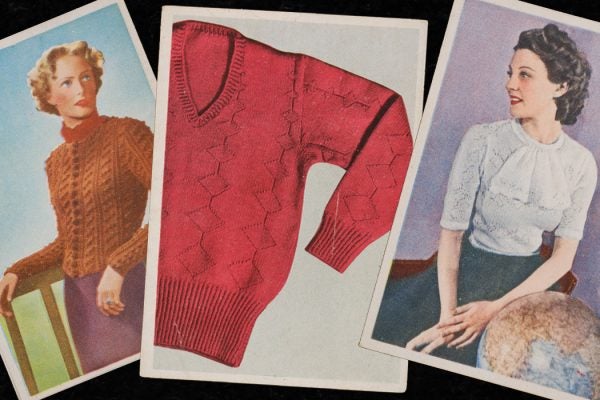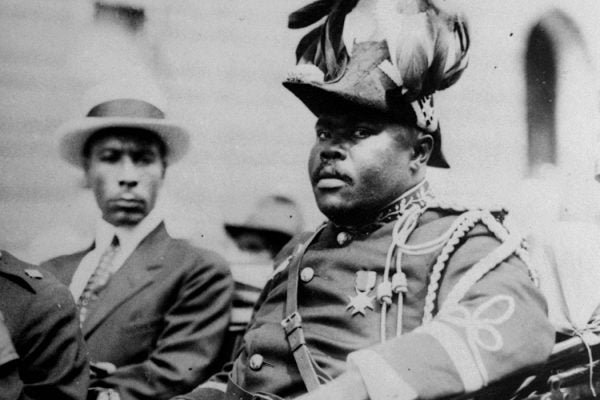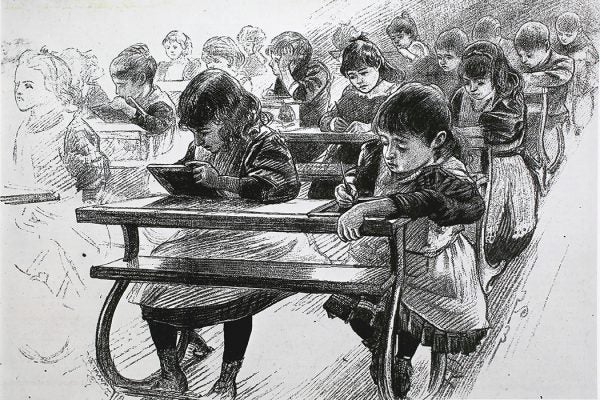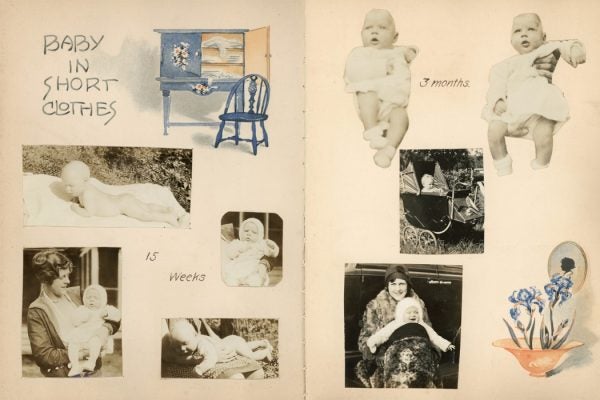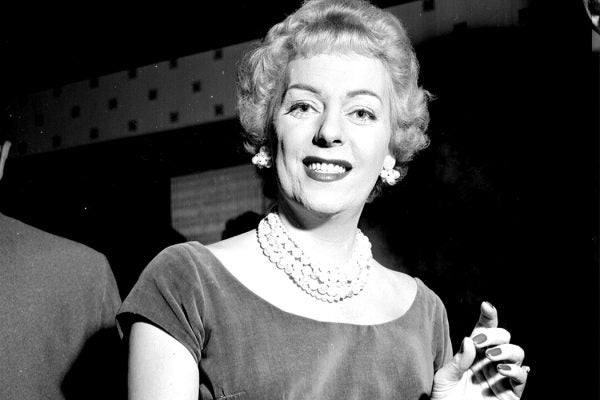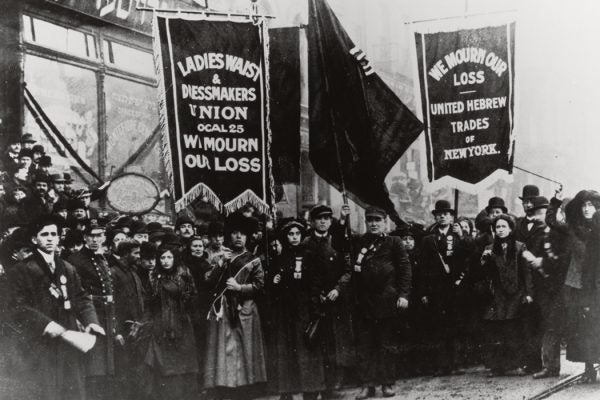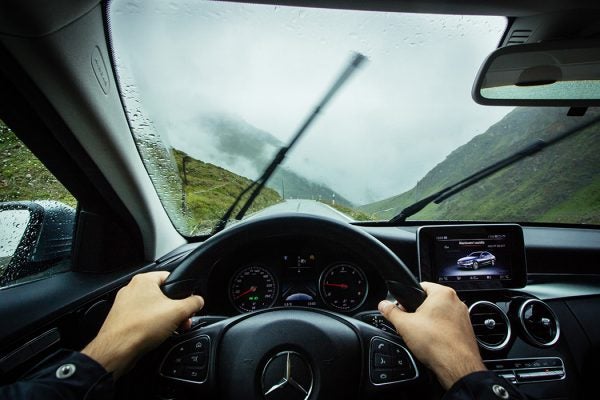The Back-to-School Shopping Tradition in History
As more women went to college, department stores catered to them by setting up pop-up "college shops" every September.
Marcus Garvey’s Journey Began in Central America
Marcus Garvey left Jamaica unemployed, an anti-colonial trade unionist who British authorities considered dangerous.
Why Would Parents Oppose Compulsory Education?
In Victorian England, reformers thought all children should go to school. That didn't sit well with everyone—and not just kids.
The Long-Lost Ritual of Baby Books
Mothers used to documented their infant children's milestones—first steps, first smile—in specially made books. They're amazing historical documents.
A History of Transphobia in the Medical Establishment
At a time when trans people who wanted surgery needed to trust doctors, transphobia made it difficult.
Plague and Protest Go Hand in Hand
Scholars of early modern England have shown how plague and protest are often correlated. The Black Death of 1348 laid the groundwork for the Peasants’ Revolt of 1381, for example.
How Cremation Lost Its Stigma
The pro-cremation movement of the nineteenth century battled religious tradition, not to mention the specter of mass graves during epidemics.
Juneteenth and the Emancipation Proclamation
The emancipation of enslaved people in the U.S. took place over a protracted period. The articles in this curated list dig into the complicated history.
The History of Mourning in Public
After a massive factory fire in 1911, hundreds of thousands of people took to the streets to stage a "symbolic funeral."
In Epidemics, the Wealthy Have Always Fled
"The poor, having no choice, remained.”
